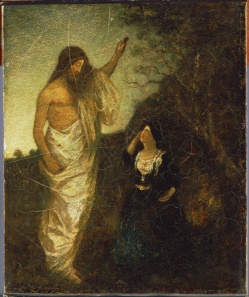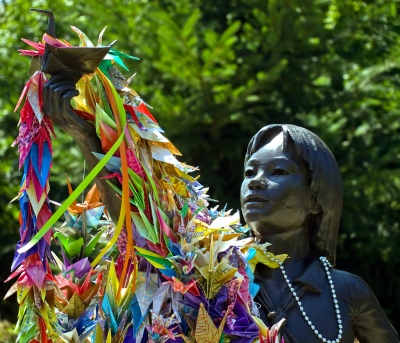I enjoyed reading a fascinating article on silence in the poetry of Thomas Merton and T. S. Eliot (in The Merton Journal 22.1 [2015]). The author, Sonia Petisco, quotes Merton as follows:
My life is a listening, His is a speaking. My salvation is to hear and respond. For this my life has to be silent. Hence my silence is my salvation.
Also, these lines from Eliot’s poem ‘Little Gidding’ spoke to me:
… pentecostal fire
In the dark time of the year. Between melting and freezing
The soul’s sap quivers.
Petisco herself offers some interesting insights into Merton and Eliot’s work, noting, for instance, that ‘with their poetry they were implicitly hinting at the dethronement of man as the owner of Logos, so that things around us can recover their own speech and engage in a (sic!) honest dialogue beyond the objective/subjective dichotomy. … awakening in us a new sacramental awareness of the mystery of Life’.
And some brilliant lines from Eliot’s ‘East Coker’:
In order to arrive at what you do not know
You must go by a way which is the way of ignorance.
In order to possess what you do not possess
You must go by the way of dispossession.
In order to arrive at what you are not
You must go through the way in which you are not.
And what you do not know is the only thing you know
And what you own is what you do not own
And where you are is where you are not.
And from Merton’s Cables to the Ace:
Waste. Emptiness. Total poverty of the Creator: yet from this poverty springs everything. The waste is inexhaustible.
Eliot again, this time some well-known words from ‘Burnt Norton’. For, addressing the limitations of language, he is all too aware that his words:
… strain,
Crack and sometimes break, under the burden
Under the tension, slip, slide, perish,
Decay with imprecision, will not stay in place,
will not stay still.
‘History’, Merton suggests in The Tower of Babel, is ‘going inevitably forward / by the misuse of words’. The current public discourse around refugees and asylum seekers comes to mind. What both, Merton and Eliot, are aiming for, Petisco suggests, is ‘a theology based on the regenerative Word of God as the only antidote to the word of fear ruling the contemporary world’. However, that word can’t be heard because there isn’t enough silence in the world. Again, what is needed is ‘a Word which decentralizes man as the owner of Reason, restoring the lost dialogue between “I” and the otherness’. And, with silence being the key, Merton prays:
Let me seek, then, the gift of silence, and poverty, and solitude, where everything I touch is turned into prayer: where the sky is my prayer, the birds are my prayer, the wind in the trees is my prayer, for God is all in all’.
.



 Writing sometime in the 1950s or 60s (hence the non-gender-inclusive language), Thomas Merton had this to say about democracy:
Writing sometime in the 1950s or 60s (hence the non-gender-inclusive language), Thomas Merton had this to say about democracy: